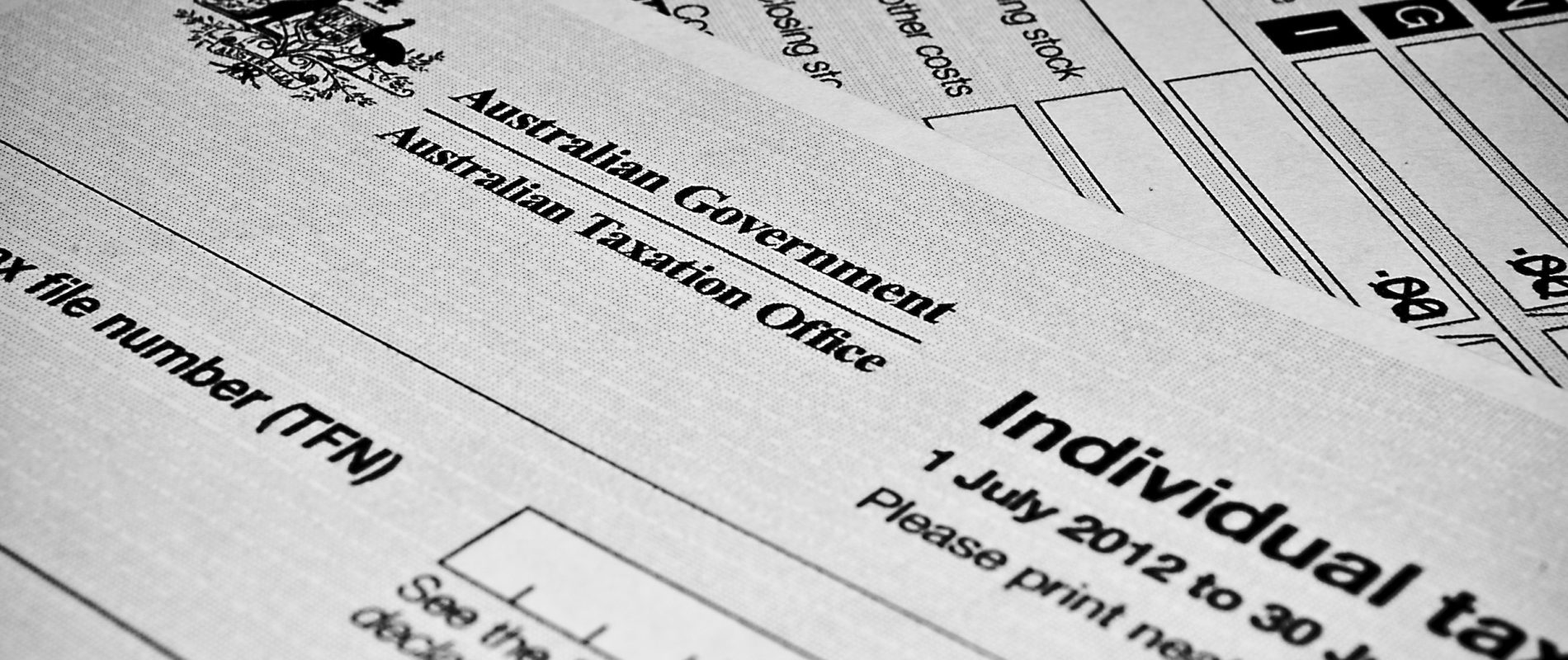Introduction
All workers in Australia who earn more than $45,000 in a fiscal year must lodge a tax return to the Australian Tax Office (ATO) and pay income tax. Yes, even working holiday makers!
The Australian income year starts on July 1 and ends on June 30 the following year. You must lodge your tax return for the previous fiscal year by October 31.
The tax rate depends on your status in Australia and on your income. If you’re an employee who receives an hourly wage or a salary, income tax is withheld from your salary or wages and is recorded on your pay slips. If you’re self-employed, income tax is not withheld—you will have to pay a lump sum to the ATO at the end of the fiscal year, so plan for the expense!
On top of income tax, you also contribute to a retirement fund called “superannuation” (known as “super”.) Your employer pays into this fund on your behalf, usually quarterly.
Read on for a complete overview of the Australian income tax system, superannuation, working holiday makers tax rates, how to lodge your tax return and how to claim your tax and super back.
But first, remember to get your Tax File Number (TFN) when you land in Australia. You need it to work and to make sure you’re not being charged at a higher tax rate. Read Your first steps in Australia with a Working Holiday Visa for more info.












 Français
Français English
English




(2) Comments
Bonjour, nous sommes un couple de pvtiste. Est-il possible d’ouvrir un seul compte de superannuation ? Ou doit on obligatoirement en avoir 1 chacun ?
Merci d’avance
Clémence
Salut ! Il vous en faut un chacun je pense, comme vos salaires sont individuels et que la superannuation est calculée selon ces salaires.
{{like.username}}
Loading...
Load more